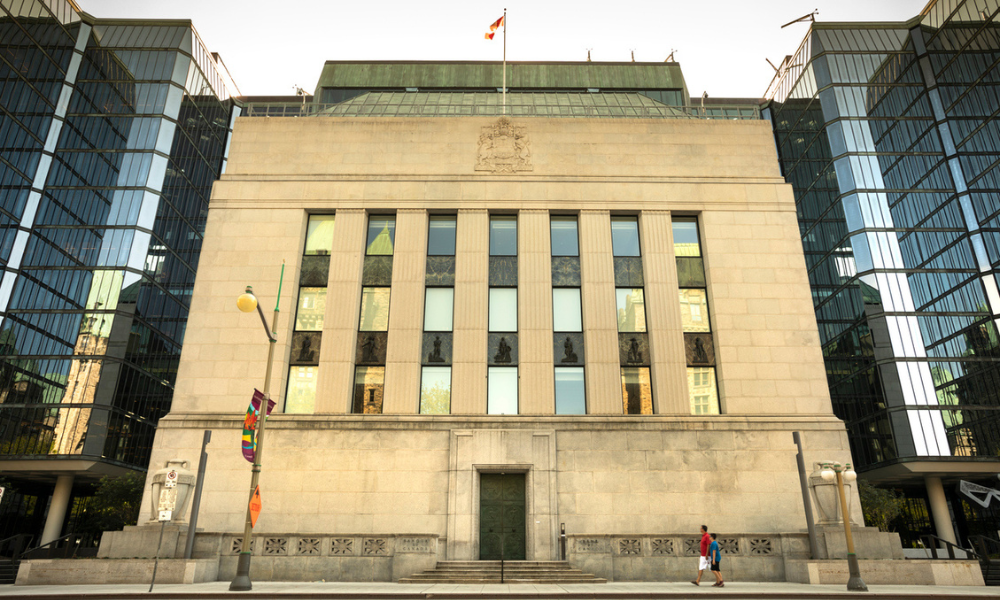Governor Tiff Macklem addresses the impact of past rate hikes on Canadian households and future plans

Bank of Canada Governor Tiff Macklem acknowledges the need to rebuild trust with Canadian households after two years of interest rate hikes and messaging missteps, as reported by CBC News.
This week, the central bank cut rates for the first time since March 2022, after one of the most aggressive hiking cycles in Canadian history, raising its key overnight lending rate 10 times to control inflation.
Canadian households faced rising prices and increased borrowing costs, exacerbated by Macklem's earlier assurance that interest rates would remain low.
In July 2020, he told Canadians, “If you've got a mortgage or if you're considering making a major purchase, or you're a business and you're considering making an investment, you can be confident rates will be low for a long time.”
However, within months, inflation surged, pressuring the Bank of Canada to raise rates. In a 2021 National Post editorial, Macklem attributed inflationary pressures to temporary pandemic-related factors, urging against overreacting to these price increases.
Despite inflation slowly returning to target, the bank was cautious about lowering interest rates too quickly.
In an interview with CBC News, Macklem expressed concern about the central bank's credibility and public trust, describing the past few years as a “very difficult period for Canadians.”
He noted that inflation makes people angry and erodes their confidence in the economy, emphasizing the importance of reducing inflation to rebuild trust.
Jim Thorne, chief market strategist from Altus Wellington Private Wealth, believes rebuilding trust will be challenging. Thorne criticizes the central bank for raising rates too long and delaying cuts, particularly impacting young Canadians trying to buy their first homes.
“[The Bank of Canada] just hammered their reputation with the younger generation,” said Thorne, highlighting the impact on millennials and young families with variable rate mortgages.
Opposition leader Pierre Poilievre has sharply criticized the Bank of Canada and Macklem, accusing the bank of financial illiteracy and proposing to extend the auditor general’s authority to include the Bank of Canada.
Poilievre has also threatened to fire Macklem if he becomes Prime Minister, a stance criticized by those advocating for the bank's independence from partisan politics.
While the central bank avoids political debates, senior deputy governor Carolyn Rogers emphasized the importance of ensuring Canadians understand and trust the institution's efforts to improve their lives.
“What is really important to us is that Canadians understand what we're doing, why we're doing it and that they understand that we're thinking about them and that we have their best interests at heart when we make a decision,” Rogers stated at a parliamentary committee meeting.
Frances Donald, global chief economist at Manulife Investment Management, noted that rate hikes have been painful for many Canadians, even as the economy remained resilient.
She highlighted the communication challenge of conveying that institutions see the people they serve beyond the numbers. “Credibility isn't just about nailing a forecast. It's also about feeling like our institutions see the people they serve on the other side of the numbers,” Donald told CBC News.
Convincing Canadians that the Bank of Canada is working for them has been difficult during a period of rising rates, a slowing economy, and climbing prices. Donald believes this task becomes easier as rates fall and prices stabilize.



